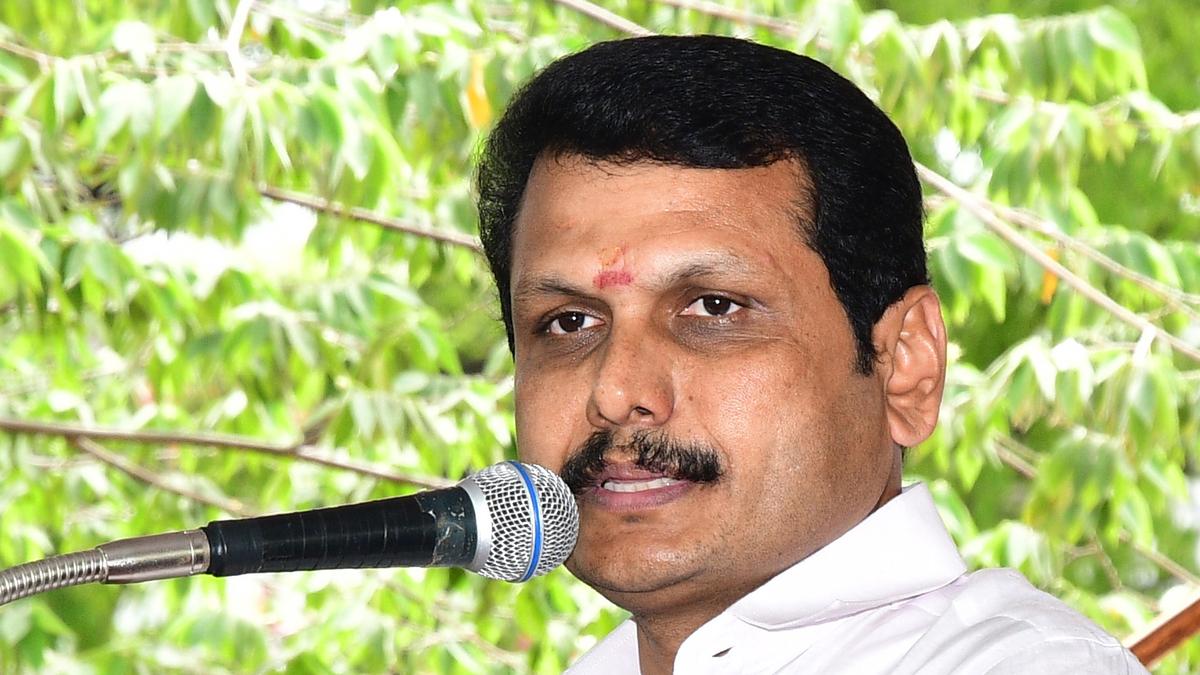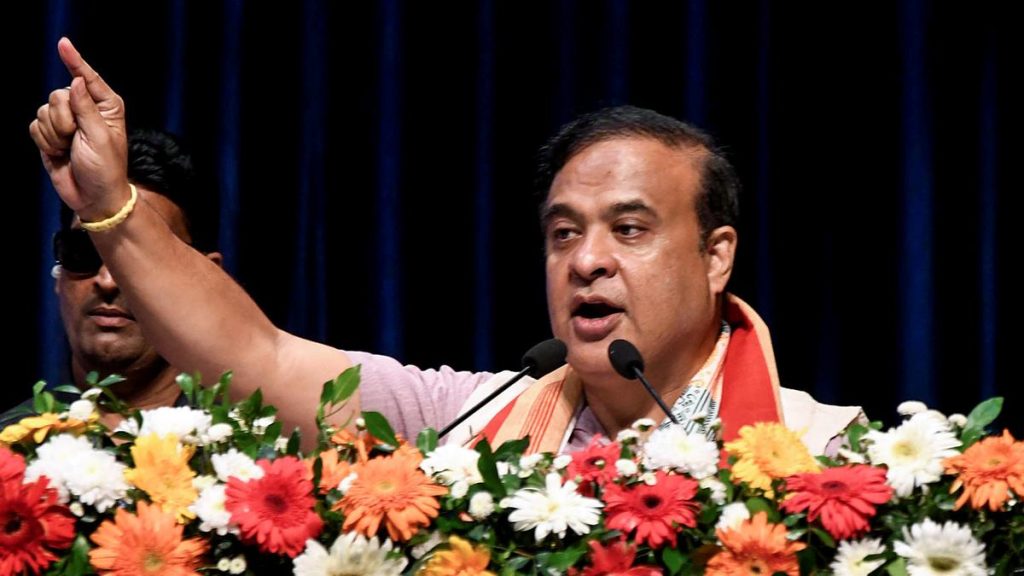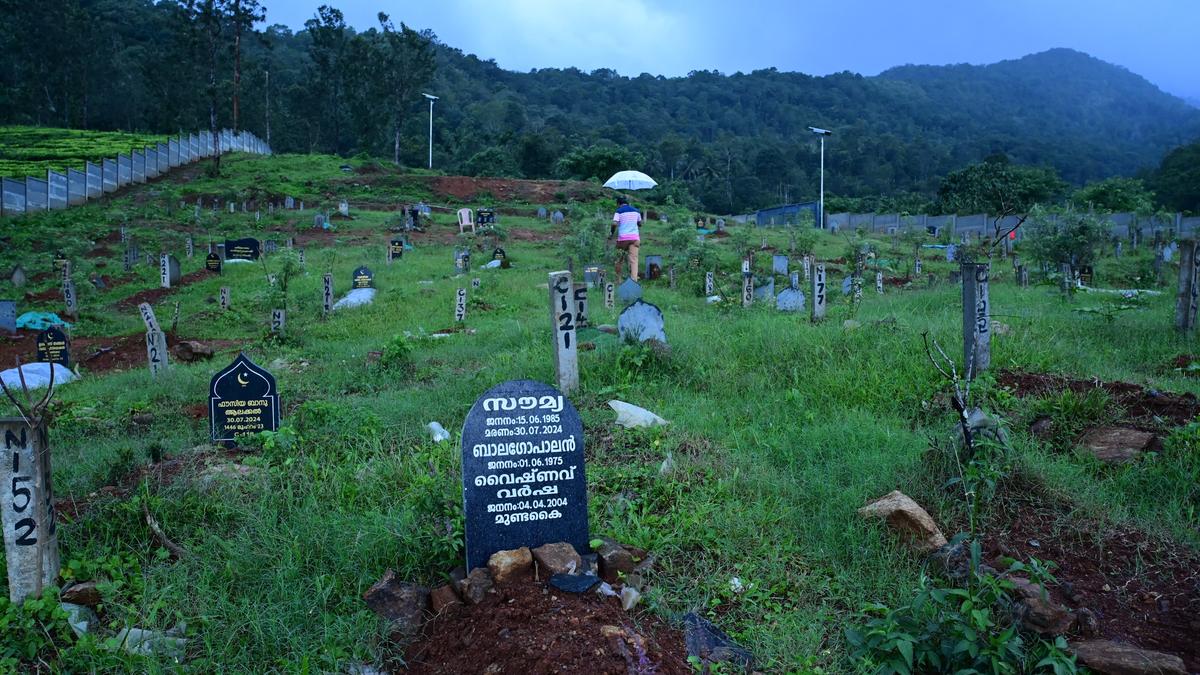Now Reading: Supreme Court Questions Tamil Nadu Govt on Alleged Delay in Senthilbalaji Trials
-
01
Supreme Court Questions Tamil Nadu Govt on Alleged Delay in Senthilbalaji Trials
Supreme Court Questions Tamil Nadu Govt on Alleged Delay in Senthilbalaji Trials

Swift Summary
- The Supreme Court questioned whether Tamil Nadu is intentionally delaying the trial in the cash-for-jobs scam involving former Minister V. Senthilbalaji.
- Justices Surya kant and Joymalya Bagchi called for listing all pending cases related to Mr. Senthilbalaji before the Supreme Court for a hearing on August 6, 2025.
- The court expressed concerns about over 2,000 individuals being incriminated as accused in cases related to this scam.
- The Bench sought clarity on key individuals involved, including brokers/middlemen, selection committee members, officers acting on recommendations, and authorities granting appointments.
- Observed that those compelled to pay money for jobs might potentially be improperly prosecuted as accused.
- Questioned if such legal tactics aim to indefinitely prolong trial proceedings during Mr. Senthilbalaji’s lifetime.
- A petition challenging clubbing multiple chargesheets had been previously dismissed by the Madras High Court in March this year.
- Approximately 2,300 accused were identified in connection with these cases by a trial judge’s report filed earlier in April.
- Mr. Senthilbalaji resigned from his government position following judicial scrutiny.
Indian Opinion Analysis
The questioning by India’s apex court raises vital concerns about legal transparency and efficiency within complex judicial processes involving high-profile corruption allegations. The volume of over 2,300 accused individuals suggests logistical challenges that could overwhelm judiciary resources and delay accountability mechanisms-a point noted critically by the Bench.
The implications extend beyond this specific case: prolonged trials risk eroding public confidence both in anti-corruption efforts and due process itself if perceived manipulation or lack of resolution persists. Ensuring an efficient yet fair examination of evidence is crucial not only for Tamil Nadu but also as a precedent across india where similar practices might be mirrored.The Supreme Court’s call for clarification on roles-such as brokers or selection committee members-is prudent; greater specificity could help narrow culpabilities rather than expand them indiscriminately among those coerced into paying bribes versus alleged facilitators of corruption schemes.
Ultimately, balancing justice delivery speed while preserving protections against misuse underlies this appeal’s broader significance amid India’s robust democracy framework.
Read More: Link
























